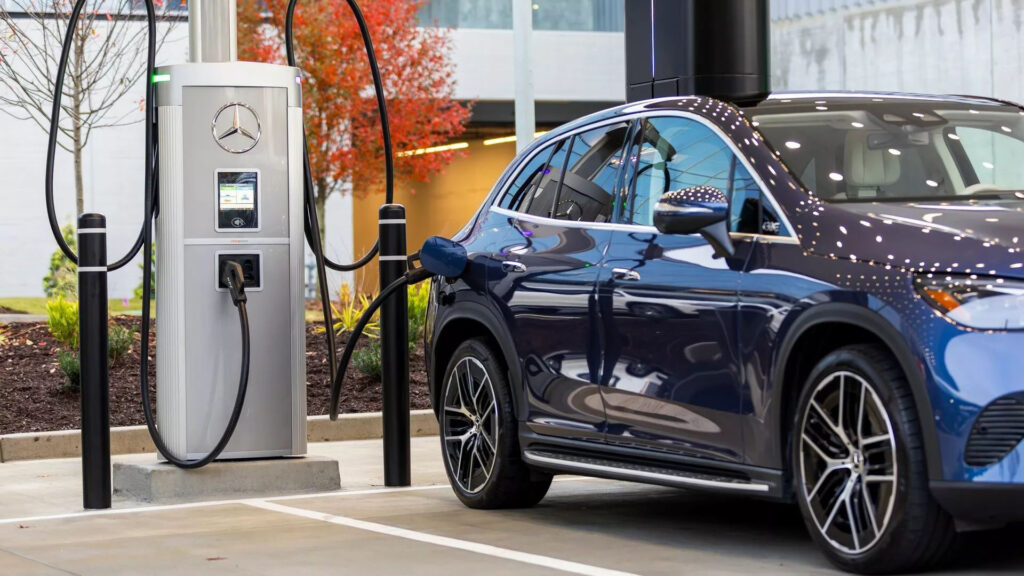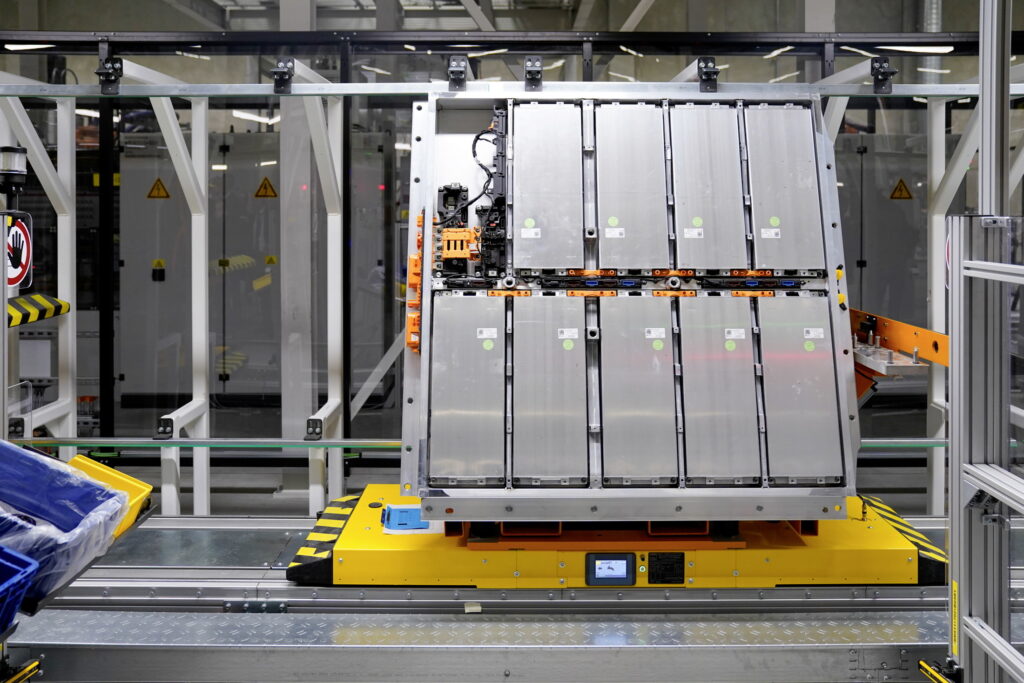The battery passport will trace the raw materials used in packs and provide information on performance and durability
4 hours ago
 –>
–> 
–>
Electric vehicles sold in the European Union from February 2027 will need to come with a battery passport that provides details about the supply chain, sources, and other info on the battery pack’s raw materials.
While regulators in the European Union are still deciding what information must be contained within a battery passport, they have established a Battery Pass Consortium to iron out the details. The program is being funded by the German Federal Ministry for Economic Affairs and Climate Action and has partnered with the likes of Audi, BMW, and others. Battery passport manufacturer Circulor will serve as the technical lead.
The current proposal suggests using 90 pieces of information across seven categories consisting of general battery and manufacturer information, compliance, certifications and labels, battery carbon footprint, supply chain due diligence, battery materials and composition, circularity and resource efficiency, and performance and durability.
advertisement scroll to continue
Read: Major Carmakers Come Together For EU’s Battery Passport Plan

Speaking with Autocar, chief external affairs officer at Circulor Ellen Carey said the passports will cost between €7 ($7.60) and €12.80 ($13.95) per battery and aim to “create accountability of that supply chain – who touched what, when and where.”
The current battery passport developed by Circulor for EVs can reveal the sources of cobalt, graphite, lithium, mica, and nickel used in batteries. The passport uses industrial Internet of Things data to identify organizations believed to be in the manufacturer’s supply chain and uses application programming interface data and enterprise resource planning data to generate a digital twin of the battery with a paper trail.
“We take the information we know about that nickel and we create a digital replica of it,” Carey said. “Where was it mined? What was its geolocation? What was its weight? What was the elapsed time in terms of processing? Then all of that information that we gather – at every step along the journey about that same piece of nickel – we can tie to that VIN or that QR code.”
Different battery information will be available to different parties. For example, only manufacturers will be able to access the full scope of information in a battery passport while the car owner will only be able to view more simplified information and data.

 –>
–> 